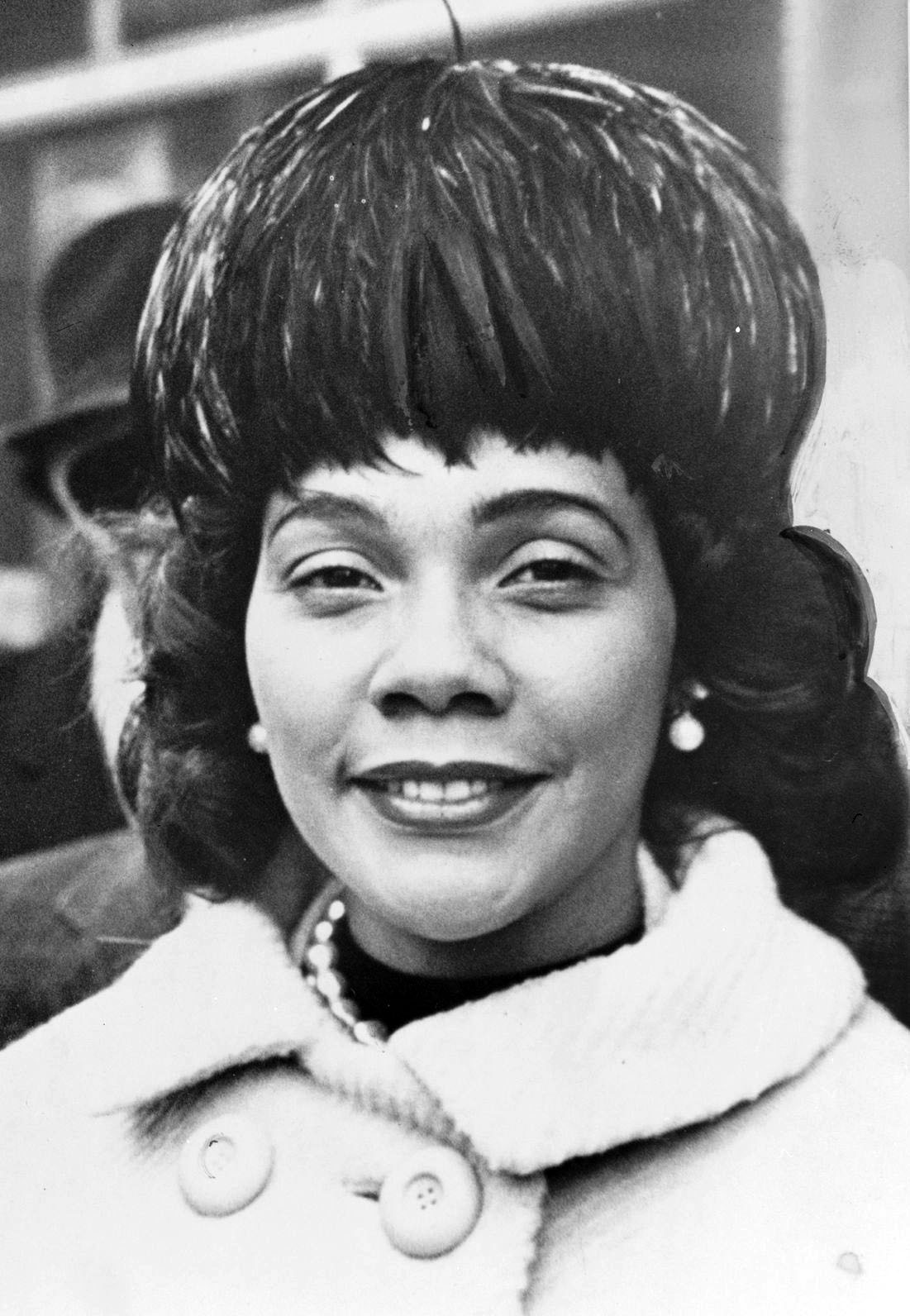Times staff report
The AT&T Alabama African-American History Calendar has been highlighting the achievements of the state’s best and brightest since 2011. It highlights the achievements of 12 notable Alabamians for a calendar year. Here is a listing of honorees who have had a compelling impact on Alabama and beyond, with the year they have appeared on the calendar.
Lonnie Johnson (2013)
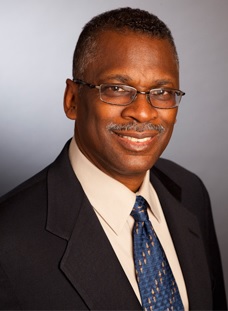
Lonnie Johnson, of Mobile, Ala., is creator of the Super Soaker recreational water gun. More than 200 million Super Soakers were sold in the 1990s, making it the toy of the decade. Before inventing the Super Soaker, Johnson worked as a research engineer, chief of space nuclear power safety function with the U.S. Air Force, and a senior systems engineer in NASA’s Jet Propulsion Laboratory, where he worked on the Galileo Mission to Jupiter.
Percy Lavon Julian (2012)
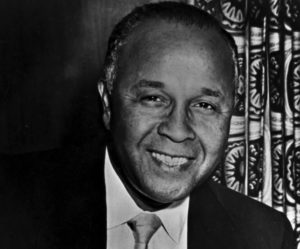
Montgomery, Ala.’s, Percy Lavon Julian, known as the “Soybean Chemist,” is one of the premier scientists, inventors, business leaders, and humanists of his time. Born in 1899 as the grandson of a slave, Julian is credited with discoveries, such as the development of physostigmine, a drug used to treat glaucoma. He also fathered numerous inventions created from soybeans, such as a fire-fighting foam that was used during World War II as a fire extinguisher aboard ships and synthesized sex hormones that led to the production of the first birth control pill. He also synthesized cortisone, used for treating rheumatoid arthritis, asthma, lupus and other inflammatory conditions. Julian became director of research at the Glidden Co., the first black scientist to hold the position; he worked at the company for 18 years. After leaving Glidden, Julian established his own companies in Illinois, Mexico, and Guatemala specializing in synthetic cortisone production. In 1961, Julian became one of the first black millionaires in the U.S., after selling his company for $2.3 million.
Coretta Scott King (2012)
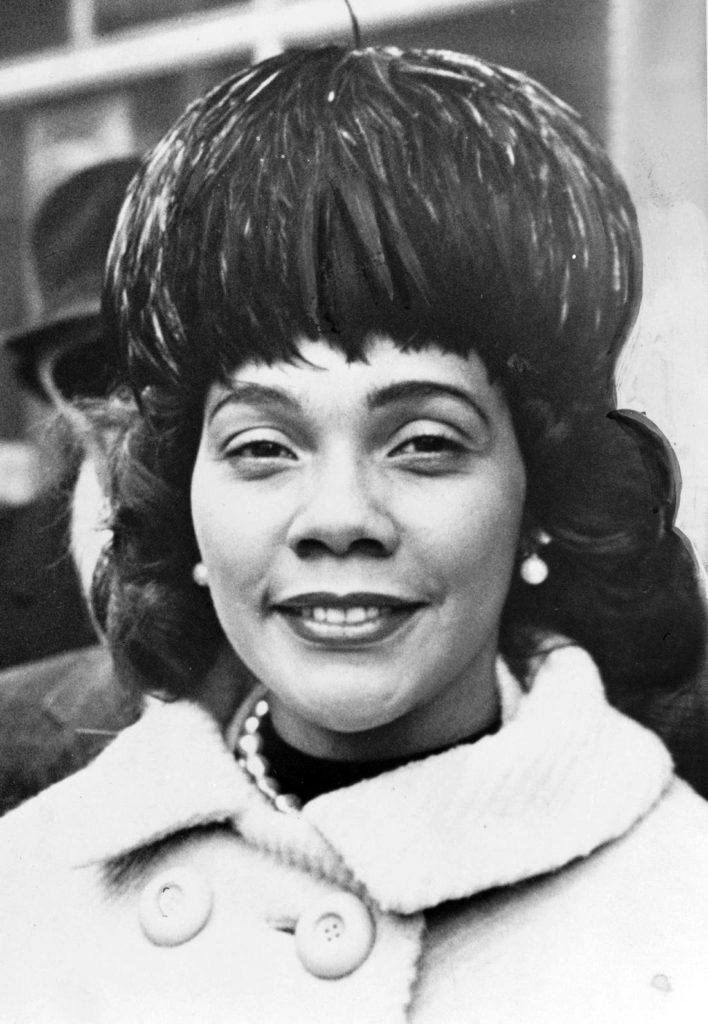
Coretta Scott King, born in Marion, Ala., was the wife of civil rights leader the Rev. Dr. Martin Luther King Jr. and civil rights fighter in her own right. Like her husband, King spoke to groups about civil rights and convinced her husband to publicly oppose the Vietnam War. King also created and performed a series of freedom concerts to raise funds for the civil rights movement. After Dr. King’s assassination in 1968, King continued advancing her husband’s work. In 1968, she founded the Atlanta, Ga.–based Martin Luther King. Jr Center for Nonviolent Social Change as the official memorial to her husband and his nonviolent philosophy. The center has provided training on Dr. King’s philosophy and methods of nonviolence to tens of thousands of people from all over the world. King also helped create the largest archive of documents from the movement and spearheaded the initiative to establish her husband’s birthday as a national holiday, first celebrated in 1986.
Horace King (2016)
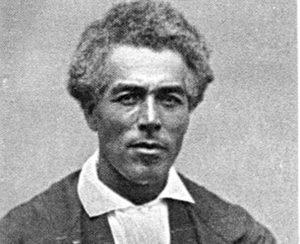
Horace King was born a slave in South Carolina in 1807, but he became the most respected bridge-builder in Alabama, Georgia, and northeastern Mississippi in the mid-19th century. Under his owner John Goodwin, a contractor in South Carolina who later moved to what is now called Phenix City, Ala., King supervised construction of Goodwin’s toll bridges that span the Chattahoochee River at West Point, Ga., Eufaula, Ala., and Florence, Ga. (now Florence Marina State Park). Throughout the 1840s King supervised the construction of bridges throughout the South, and in 1841he supervised construction on the Russell County Courthouse in Alabama. King was emancipated through a bill introduced in the Alabama legislature. In 1860 he was one of the wealthiest free African-Americans in Alabama, continuing his work as an architect, engineer, and contractor. During Reconstruction, King served two terms in the Alabama House of Representatives.
The Rev. Dr. Martin Luther King Jr. (2011)
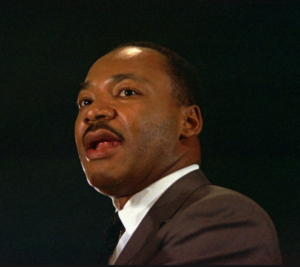
The Rev. Dr. Martin Luther King Jr., known as the “Father of the Modern Civil Rights Movement,” was born in Georgia and moved to Montgomery, Ala., where he was the pastor of Dexter Avenue Baptist Church and a member of the executive committee of the National Association for the Advancement of Colored People (NAACP). He was the co-founder and first president of the Southern Christian Leadership Conference (SCLC) and led several marches and boycotts from the mid-1950s to the 1960s, including the Montgomery Bus Boycott in 1955, the first black nonviolent movement in the U.S.; marches for voting rights in Selma, Ala.; and the March on Washington for Jobs and Freedom, culminating in his famous “I Have a Dream” speech. King was assassinated in Memphis, Tenn., in 1968, before he was to lead a march in solidarity with striking garbage workers.
John LeFlore (2014)
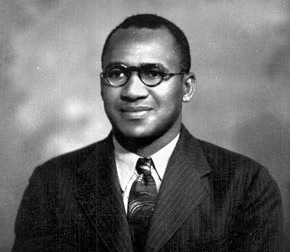
Mobile, Ala.’s, John L. LeFlore was the publisher of the “Pink Sheets,” a list of state and local candidates who were considered allies to the civil rights movement. During the 12 years the Pink Sheets was printed, candidates listed carried the majority of the African-American vote, cementing the power of the black vote in politics. Before publishing the Pink Sheets, LeFlore was executive secretary of the Mobile branch of the National Association for the Advancement of Colored People (NAACP), which became one of the most productive in the state during his tenure; he held the position until 1956, when the state secured an injunction against the NAACP prohibiting the organization from operating. In the early-1960s LeFlore successfully desegregated Mobile’s downtown area, and in 1966 he was the first African-American appointed to the Mobile Housing Board.
#BlackHistoryMonth: Notable black Alabamians will be updated throughout the remainder of February. Read Part One, Part Two, Part Three, Part Four, Part Five, Part Six, Part Seven


